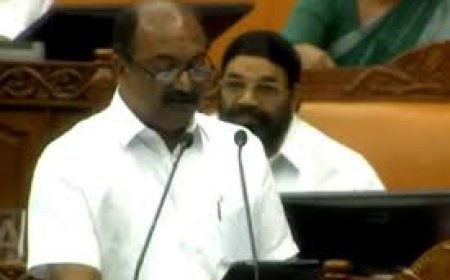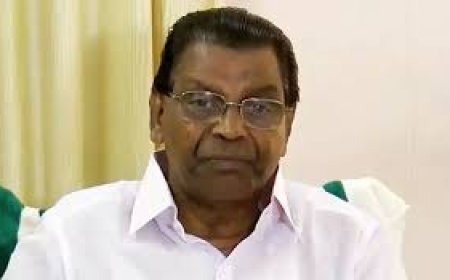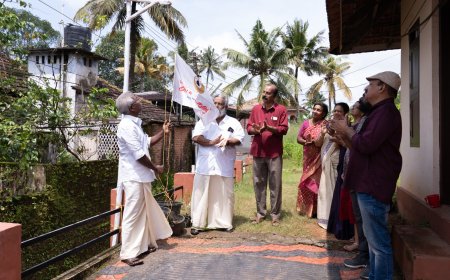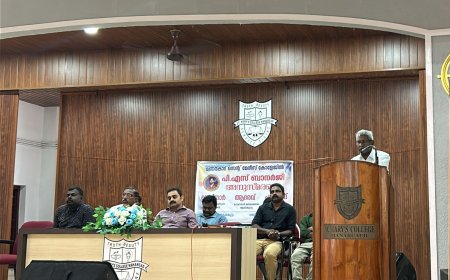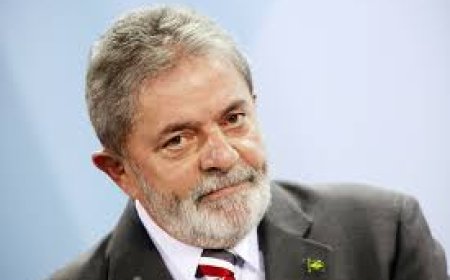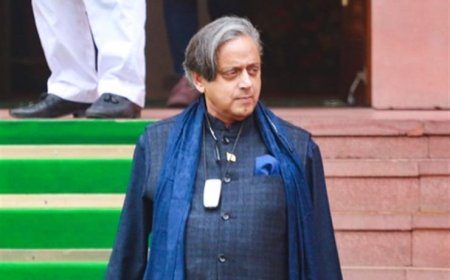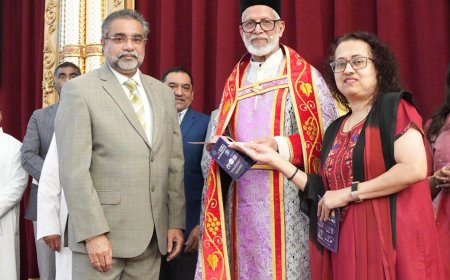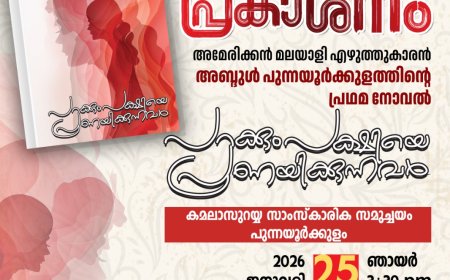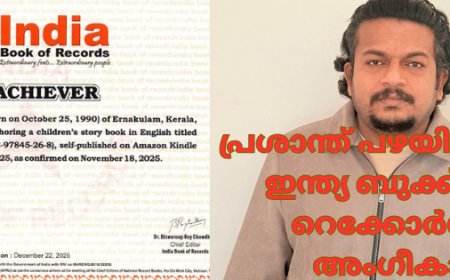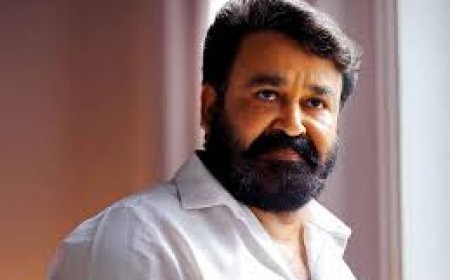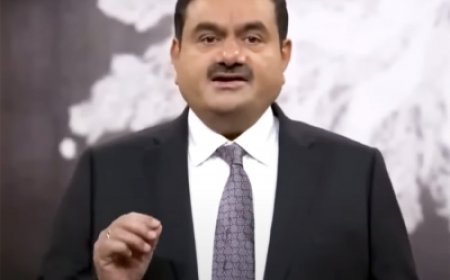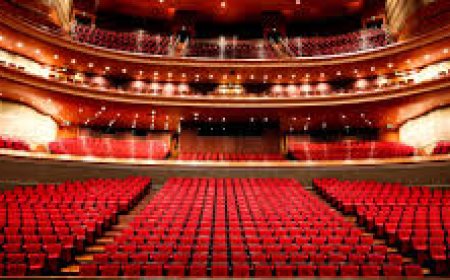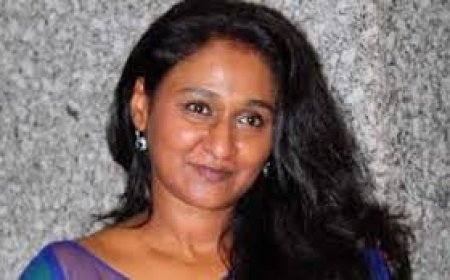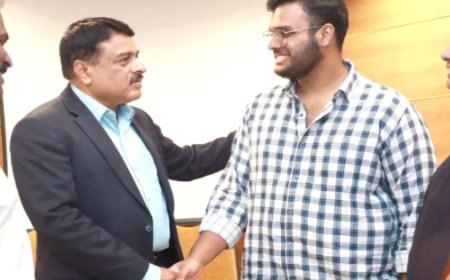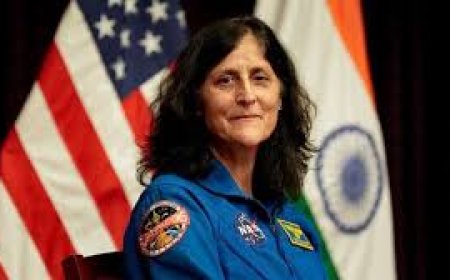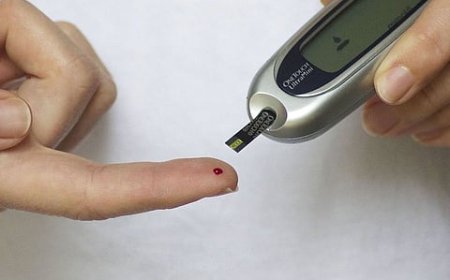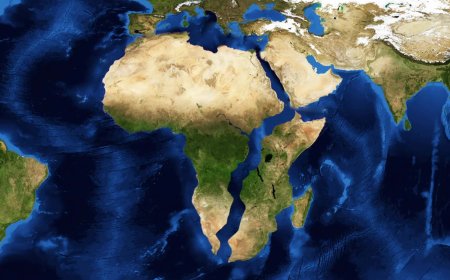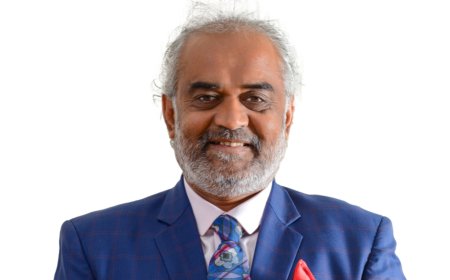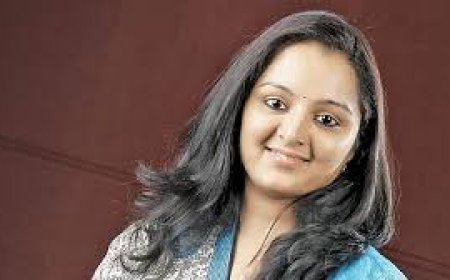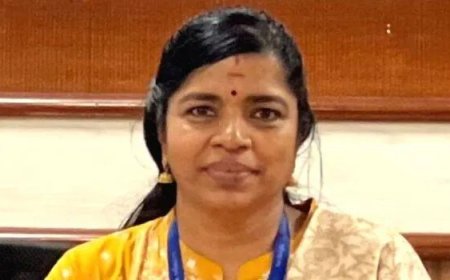3 share Nobel in Economics for innovation-driven, sustained economic growth
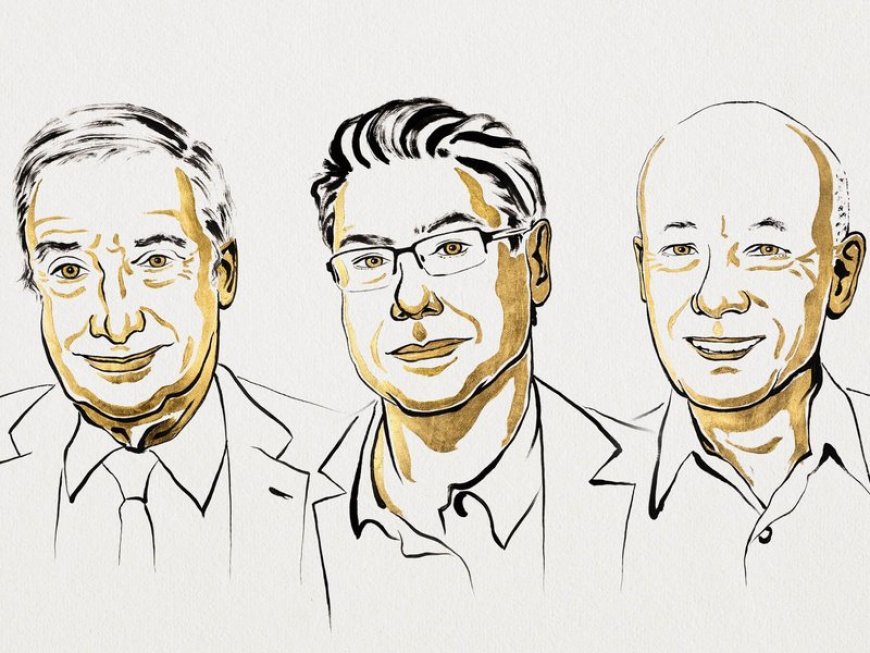
JOEL Mokyr, Philippe Aghion and Peter Howitt won the Nobel memorial prize in economics Monday for "having explained innovation-driven economic growth", including the key principle of creative destruction.
The winners represent contrasting but complementary approaches to economics. Mokyr is an economic historian who delved into long-term trends using historical sources, while Howitt and Aghion relied on mathematics to explain how creative destruction works.
Dutch-born Mokyr, 79, is from Northwestern University; Aghion, 69, from the Collège de France and the London School of Economics; and Canadian-born Howitt, 79, from Brown University.
Aghion said he was shocked by the honour. "I can't find the words to express what I feel," he said by phone to the press conference in Stockholm. He said he would invest his prize money in his research laboratory.
Asked about current trade wars and protectionism in the world, Aghion said: "I am not welcoming the protectionist way in the US. That is not good for ... world growth and innovation."
The winners were credited with better explaining and quantifying "creative destruction," a key concept in economics that refers to the process in which beneficial new innovations replace - and thus destroy - older technologies and businesses. The concept is usually associated with economist Joseph Schumpeter, who outlined it in his 1942 book Capitalism, Socialism and Democracy.
The Nobel committee said Mokyr "demonstrated that if innovations are to succeed one another in a self-generating process, we not only need to know that something works, but we also need to have scientific explanations for why".
Aghion and Howitt studied the mechanisms behind sustained growth, including in a 1992 article in which they constructed a mathematical model for creative destruction.
Aghion helped shape French President Emmanuel Macron's economic programme during his 2017 election campaign. More recently, Aghion co-chaired the Artificial Intelligence Commission, which in 2024 submitted a report to Macron outlining 25 recommendations to position France as a leading force in the field of AI.
"The laureates' work shows that economic growth cannot be taken for granted. We must uphold the mechanisms that underlie creative destruction, so that we do not fall back into stagnation," said John Hassler, Chair of the committee for the prize in economic sciences.
One half of the 11 million Swedish kronor (nearly $1.2 million, Dh4.4 million) prize goes to Mokyr and the other half is shared by Aghion and Howitt. Winners also receive an 18-carat gold medal and a diploma.
The economics prize is formally known as the Bank of Sweden Prize in Economic Sciences in Memory of Alfred Nobel. The central bank established it in 1968 as a memorial to Nobel, the 19th-century Swedish businessman and chemist who invented dynamite and established the five Nobel Prizes.
Since then, it has been awarded 56 times to a total of 96 laureates. Only three of the winners have been women.
Nobel purists stress that the economics prize is technically not a Nobel Prize, but it is always presented together with the others on Dec. 10, the anniversary of Nobel's death in 1896.
Last year's award went to three economists — Daron Acemoglu, Simon Johnson and James A. Robinson — who studied why some countries are rich and others poor and have documented that freer, open societies are more likely to prosper.
Nobel honours were announced last week in medicine, physics, chemistry, literature and peace.

